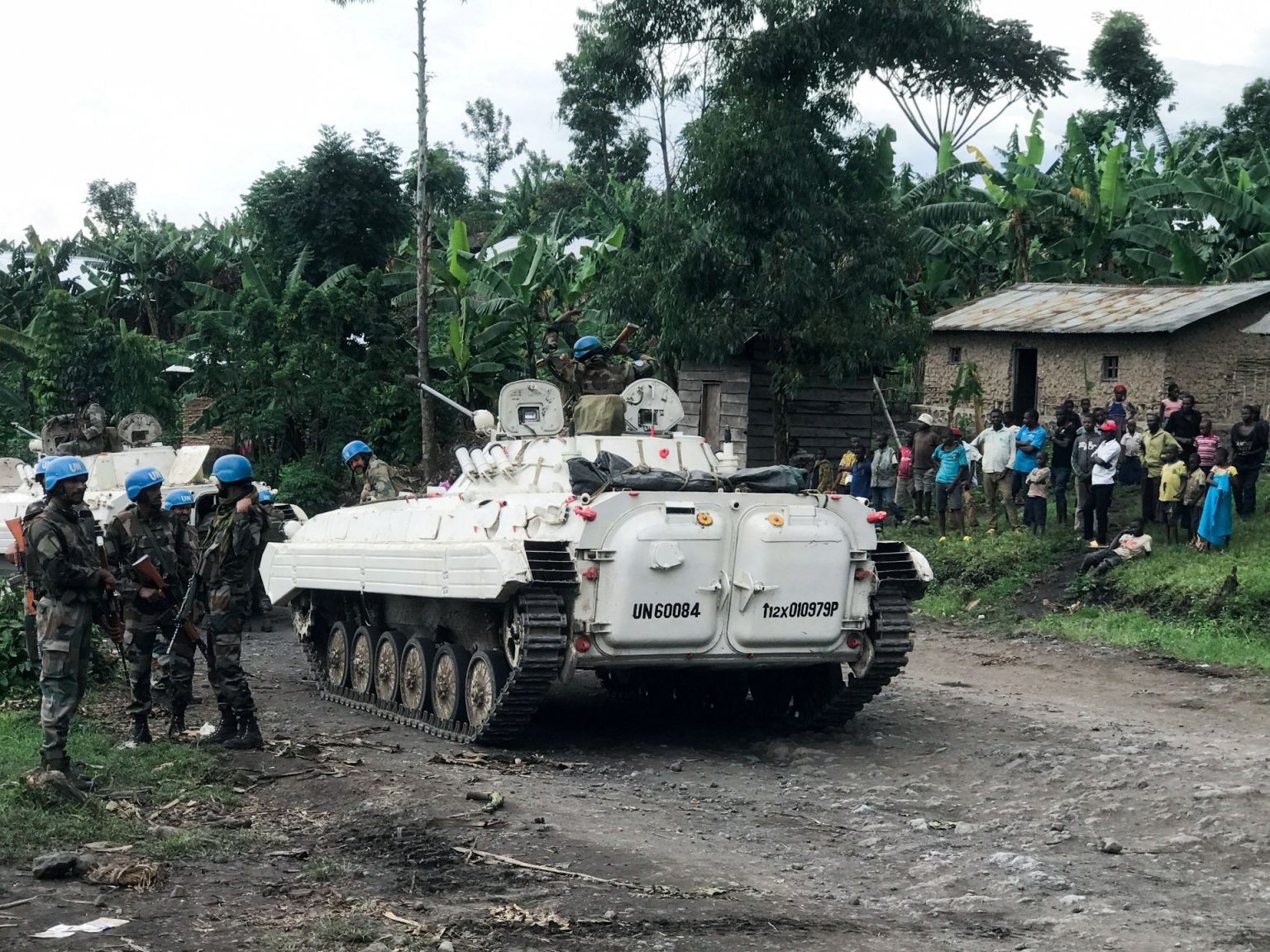In the eastern Democratic Republic of the Congo (DRC), a series of massacres have left many dead, with the most recent attack on August 10 killing at least 18 people near the city of Beni. The violence has been attributed to the Allied Democratic Forces, a rebel group with ties to the Islamic State. Despite the presence of Congolese army, Ugandan military, and UN peacekeeping troops in the area, none of these forces intervened to stop the killing, highlighting a broader pattern of inaction that has turned eastern DRC into a dangerous place for civilians.
The ongoing conflict in the DRC has resulted in millions of internally displaced people and rampant human rights violations by both armed groups and government forces. Despite efforts by the international community to address the root causes of the conflict, the situation in the region continues to deteriorate. The resurgence of the M23 Movement three years ago brought renewed attention to the conflict, but the focus on M23 has overshadowed the presence of other armed groups causing chaos in the region.
The government’s use of nationalist rhetoric to rally militias against M23 has further complicated the security landscape in the DRC, empowering armed groups and leading to a more complex conflict. International donors continue to pour money into conflict resolution efforts, but these initiatives often lack a deep understanding of the political realities on the ground and fail to effectively address the underlying causes of the conflict.
Responses to the crisis in the DRC are often oversimplified, with a focus on issues such as natural resources and ethnic tensions. Western donors apply technocratic solutions to complex political problems, but these efforts are often superficial and fail to make a meaningful impact on the ground. International responses to the conflict in the DRC are inconsistent, with little pressure to discourage the Congolese army’s collaboration with armed groups and few consequences for grand corruption networks.
As Western influence in the region wanes, new actors are entering the fray, seeking to assert their own interests and agendas in the DRC. Non-Western forms of colonialism and private military companies are gaining ground in the region, further complicating the conflict and humanitarian situation. The changing international environment in the DRC reflects broader shifts in global power dynamics and the erosion of Western influence in conflict resolution efforts.
A sober assessment of the changing realities in the DRC is essential for those involved in conflict resolution and intervention efforts. The evolving geopolitical landscape in the region highlights the need for a more nuanced understanding of the complex web of alliances and antagonisms that drive conflict in the DRC. The humanitarian consequences of these shifts are dire, exacerbating the suffering and displacement of civilians in the region and raising concerns about broader international security implications.













